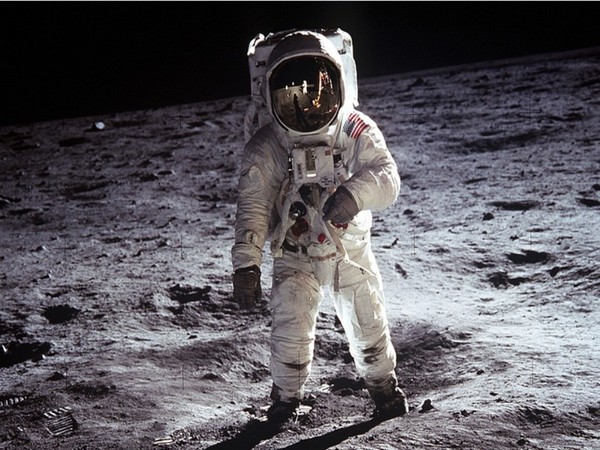Science News Roundup: Astronaut study reveals effects of space travel on human bones; For pandas, it's been two 'thumbs' up for millions of years
The research amassed new data on bone loss in astronauts caused by the microgravity conditions of space and the degree to which bone mineral density can be regained on Earth.

Following is a summary of current science news briefs.
Astronaut study reveals effects of space travel on human bones
A study of bone loss in 17 astronauts who flew aboard the International Space Station is providing a fuller understanding of the effects of space travel on the human body and steps that can mitigate it, crucial knowledge ahead of potential ambitious future missions. The research amassed new data on bone loss in astronauts caused by the microgravity conditions of space and the degree to which bone mineral density can be regained on Earth. It involved 14 male and three female astronauts, average age 47, whose missions ranged from four to seven months in space, with an average of about 5-1/2 months.
For pandas, it's been two 'thumbs' up for millions of years
Fossils unearthed in China are helping scientists get a better grasp on one of the marvels of evolution: the giant panda's false thumb, which helps this veggie-loving bear munch the bamboo that makes up most of its diet. Researchers said on Thursday they discovered near the city of Zhaotong in northern Yunnan Province fossils about 6 million years old of an extinct panda called Ailurarctos that bore the oldest-known evidence of this improvised extra digit - actually a greatly enlarged wrist bone called the radial sesamoid.
(With inputs from agencies.)
- READ MORE ON:
- China
- International Space
- Earth
- Yunnan Province
ALSO READ
China 'deeply concerned' about escalation after Iran strikes Israel
China EV maker Nio urges openness in US speech amid tensions
Germany's Scholz kicks off China trip amid tensions over EVs, Russia
China 'deeply concerned' about escalation after Iran strikes Israel
China detains 2 over tourist boat capsizing that killed 12, citing lack of safety equipment










